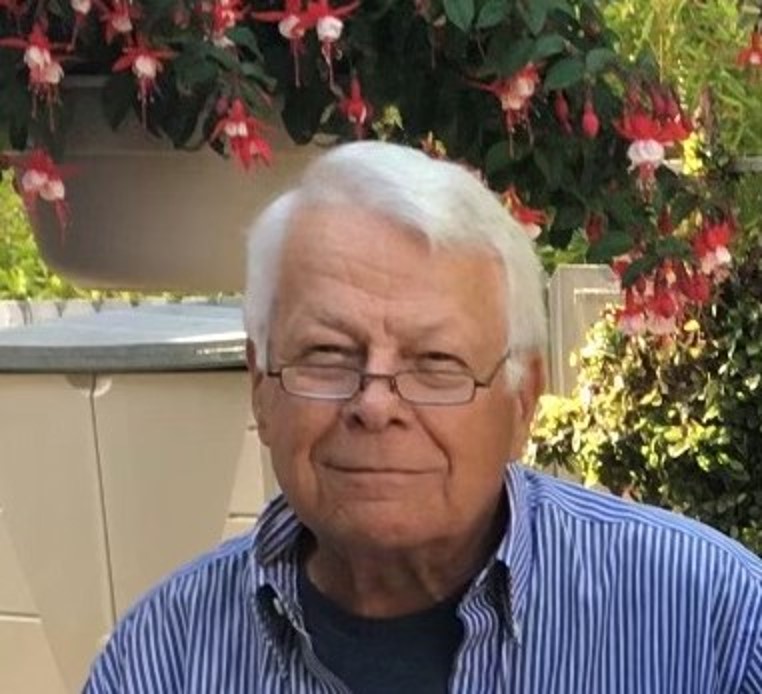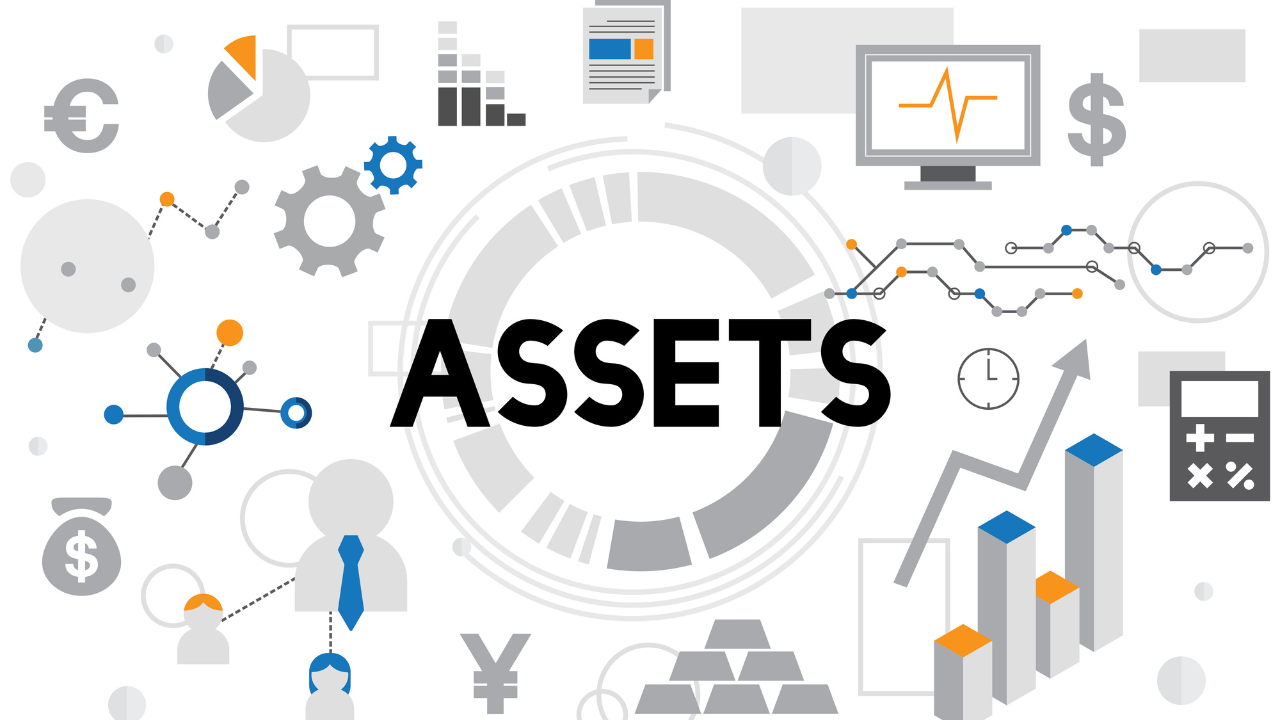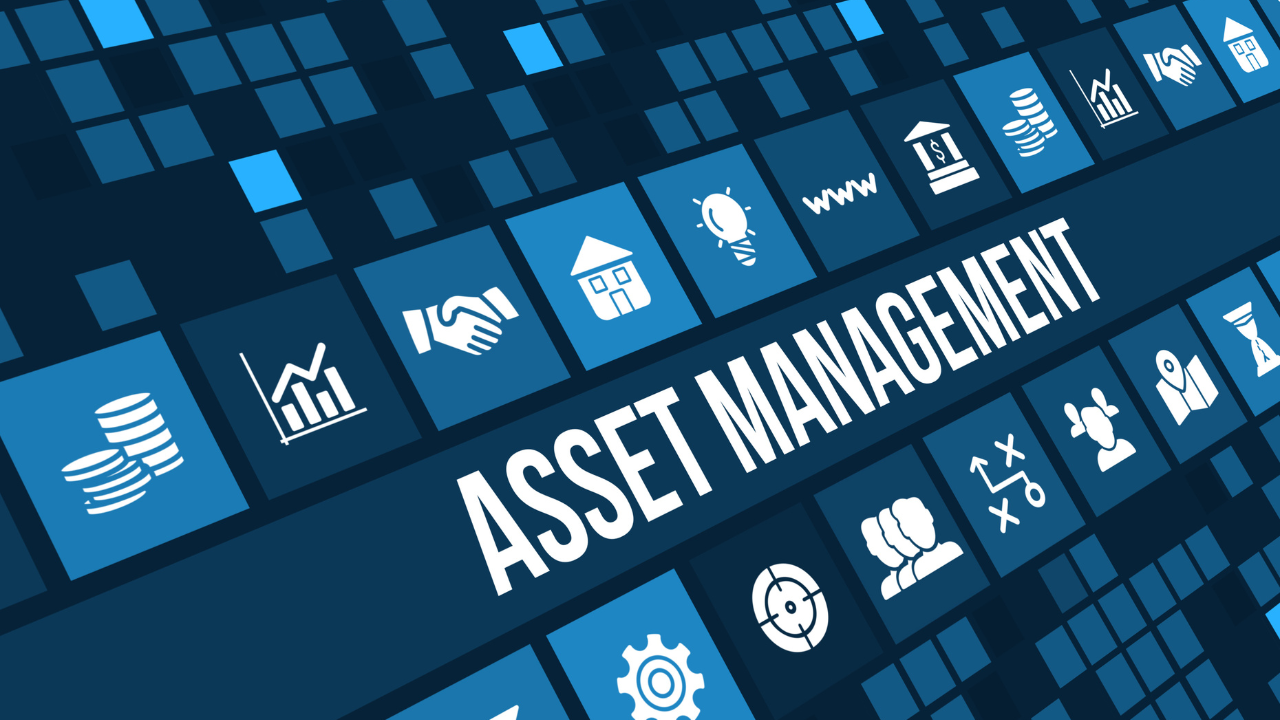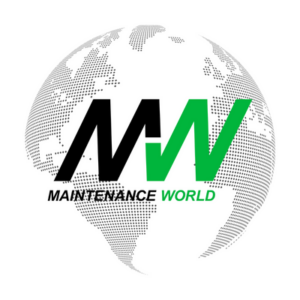Maintenance Management: The Perfect Role for Critical Thinkers
John Yolton, Principal at FOG Group
Posted 06/16/2023
Critical thinking is essential for effective maintenance management. As a maintenance manager, you are responsible for overseeing the maintenance, repair, and replacement of equipment, machinery, and other assets. This requires you to analyze data, identify trends and patterns, and make informed decisions about maintenance schedules, repair procedures, and replacement strategies to improve asset performance.
To be an effective maintenance manager, you must also be able to analyze problems, identify root causes, and develop solutions that address the underlying issues. This involves a range of critical thinking skills, such as deductive reasoning, problem-solving, and decision-making.
Work responsibilities of Maintenance Management that require critical thinking include:
- Problem-Solving: Analyzing complex problems, identifying potential solutions, and evaluating the effectiveness of different options.
- Decision-making: Weighing different options and considering the consequences of each decision before making a final choice.
- Strategic Planning: Developing long-term plans and goals, anticipating potential challenges, and adjusting plans as needed.
- Data Analysis: Collecting and interpreting data to inform decisions and solve problems.
- Risk Assessment: Identifying potential risks and developing strategies to mitigate or manage them.
- Innovation: Generating new ideas, products, or services that meet the needs of customers or improve business processes.
- Project Management: Coordinating resources, timelines, and tasks to ensure projects are completed efficiently and effectively.
- Team Collaboration: Communicating effectively with colleagues and working collaboratively to solve problems and achieve goals.
- Leadership: Inspiring and motivating others, delegating tasks effectively, and making difficult decisions that impact the organization.
- Customer Service: Understanding the needs of customers, in my case, operations and providing effective solutions to their problems or concerns.
Why is Critical thinking so Important?
- Make better decisions: You are better able to gather information, weigh the pros and cons of different options, and make a decision that is based on logic and reason.
- Solve problems more effectively: You are better able to identify the root cause of a problem, generate potential solutions, and evaluate the pros and cons of each solution.
- Communicate more effectively: You are better able to gather your thoughts, organize your ideas, and communicate them concisely and clearly.
I cannot help but think back to my early days in my first maintenance management position, Assistant Maintenance Manager, when I used to field a lot of calls from the off-shift hours operations supervisors, or from the designated maintenance supervisor on call, to alert me that there was a ‘problem.’
I usually went to the job site first and then headed to the ‘technical resource center,’ the filing cabinets and Kardex files in the maintenance office. There I would search for any information about the assets, e.g., manuals, letters, past issues and who worked on them, etc. Then I would go back to the incident site and question those present, seeking any additional information from those on-site and working the job.
The routine enabled me to make well-informed decisions and certainly helped with the problem-solving aspect, but it also prepared me for the inevitable follow-up conversations and, usually, in that era, finger-pointing discussions.
Critical thinking is a valuable skill that can help you to succeed in any job position. If you are looking for a job where you can use your critical thinking skills, consider maintenance management.
Maintenance Workers Should Also be Critical Thinkers
Critical thinking is essential for effective maintenance management, identifying and solving problems more efficiently, and making better decisions about how to allocate resources.
Other examples of a maintenance manager/supervisor/planner/engineer who is thinking critically include:
- Will not just follow the manufacturer’s recommended maintenance schedule but also consider the specific conditions of their equipment and the environment in which it operates
- Will not just rely on their own experience and knowledge but also seek out and consider the advice of others.
- Will not be afraid to challenge the status quo. If they believe that there is a better way to do something, they will be willing to try it.
As an example, I will highlight the value of a shift mechanic with critical thinking skills:
- Technical Skills: A maintenance shift mechanic must have the technical skills to diagnose and repair a variety of equipment. This may include electrical, mechanical, and lubrication skills.
- Problem-solving Skills: Must be able to quickly identify and solve problems, think on their feet, and come up with creative solutions.
- Communication Skills: Must be able to communicate effectively with both technical and non-technical people. They must be able to explain complex technical concepts concisely and clearly and often with someone with more authority.
- Teamwork Skills: A maintenance shift mechanic must be able to work effectively as part of a team. They must be able to coordinate their work with other mechanics and support staff.
- Work Ethic: A maintenance shift mechanic must be willing to work long hours and weekends. They must be able to work in a variety of conditions, including heat, cold, noise, and distractions.
Maintenance shift mechanics should also be:
- Safety-conscious: A maintenance shift mechanic must be aware of the potential hazards associated with their work and take steps to prevent accidents.
- Reliable: A maintenance shift mechanic must be able to show up for work on time and be prepared to work.
- Professional: A maintenance shift mechanic must be able to represent the maintenance function in a positive way to operations and other stakeholders.
By seeking out candidates with these attributes, you can increase your chances of finding a qualified maintenance shift mechanic who can help to keep your equipment running smoothly and efficiently.
For example, a shift mechanic might need to:
- Identify the root cause of a problem
- Develop a plan to fix the problem
- Order the necessary parts
- Repair the equipment
- Test the equipment to make sure it is working properly
Critical thinking is essential for all these tasks so a shift mechanic can:
- Avoid making costly mistakes
- Save time and money
- Improve the quality of their work
- Provide better customer service
Fortunately, critical thinking can be taught and learned through practice and experience.
Tips for Developing this Necessary Skill
As humans, we are born with a natural tendency to believe what we are told and to trust our instincts, however, as we grow and develop, we learn to think more critically.
Factors that can contribute to the development of critical thinking skills:
- Education
- Experience
- Interactions with others
- Culture and environment
- Personal experiences
- Cognitive Abilities
- Emotional Intelligence
- Motivation
- Practice
Tips for developing critical thinking skills:
- Be open-minded and willing to consider different perspectives
- Ask questions and seek out information
- Be skeptical of information that is presented to you without evidence
- Be aware of your own biases and prejudices
- Be willing to change your mind when presented with new evidence
Acquiring critical thinking skills later in life requires a combination of factors, repeating myself I know, but repetition is the mother of learning:
- Motivation: A strong desire to develop critical thinking skills and a willingness to put in the time and effort necessary to learn and practice these skills. My goal was to solve problems that were keeping me and others in the mill, so I could have a life.
- Persistence: Developing critical thinking skills requires consistent effort over time. Being persistent and not giving up when faced with challenges or setbacks is essential.
- Practice: Regular practice is crucial to developing critical thinking skills. This may involve engaging in activities that challenge your thinking, such as solving puzzles, engaging in debates, or analyzing complex problems, all of which I practiced regularly, and still do.
- Exposure to diverse perspectives: Critical thinking involves considering multiple perspectives and being open to different points of view. This is the hard part, so I made it a practice to seek out diverse perspectives and engage in discussions with people who have different viewpoints based on their experiences helping me broaden my thinking and challenge my assumptions.
- Intellectual curiosity: A natural curiosity about the world around you and a desire to learn new things helps develop critical thinking and many know that my so-called ‘gofer’ years were filled with opportunities to fill this void. Being curious and asking questions can help expand your thinking and challenge your assumptions.
- Self-awareness: Understanding your own biases, assumptions, and limitations is critical to developing critical thinking skills. Being self-aware and reflective can help you identify areas where you need to improve and avoid common thinking traps.
- Continuous learning: Critical thinking skills require continuous learning and development. Being open to learning new things and seeking out new experiences can help you continue to develop your thinking skills over time. One must accept and embrace the fact that change itself implies that what you have learned up to that point is never going to prepare you for the future.
Cultivating these success factors early in life can help develop critical thinking skills later in life and improve their ability to analyze information, solve problems, and make informed decisions adding great value to your career goals.
Learning Opportunities
There are many continuous learning opportunities available to individuals seeking to improve their critical thinking skills, including:
- Online courses: There are a variety of online courses available that focus specifically on critical thinking skills. Platforms such as Coursera, edX, and Udemy offer courses on topics such as logic, problem-solving, and decision-making.
- Professional development workshops: Many organizations offer workshops and training sessions that focus on developing critical thinking skills. These workshops may be targeted toward specific industries or professions. As mentioned, I was fortunate early in my career to attend a ‘Problem-solving’ workshop which changed my perspective, e.g., putting a scientific process into a thought process.
- Books and publications: There are many books and publications available that focus on critical thinking skills. Some popular titles include “Thinking, Fast and Slow” by Daniel Kahneman, “The Art of Thinking Clearly” by Rolf Dobelli, and “The Critical Thinking Toolkit” by Galen A. Foresman. I must admit, though, that my early life reading of science-fiction novels formed the basis of my critical thinking experiences, e.g., ‘Can this be possible?’
- Discussion groups and clubs: Joining a discussion group or club focused on critical thinking can provide opportunities to engage in thoughtful discussions and debates with like-minded individuals. As an active member of TAPPI’s Mill Maintenance and Engineering technical group we regularly attended a well-attended, open session on maintenance and mill engineering-related subjects discussing current issues, and from this ‘sub-committees’ were formed to continue the critical thinking/continuous learning process to some sort of consensus conclusion.
- Experiential learning: Participating in activities that require critical thinking, such as solving puzzles, playing strategy games, or analyzing complex problems, can provide opportunities to practice and develop critical thinking skills. Perhaps the greatest contributor for me was learning and actively engaging in the game of chess, and later Bridge. Both are a lot more than games. To be successful and competitive, critical thinking must be applied, constantly.
- Academic programs: Pursuing a degree or certification program in a field that requires strong critical thinking skills, such as law, philosophy, or business, can provide a structured environment for developing these skills. The number of programs developed in recent decades specifically for asset care management, or risk management all dwell on the critical thinking component of success.
- Mentoring: Working with a mentor who has strong critical thinking skills can provide valuable guidance and support in developing your skills. Yet again, I was extremely fortunate to have a career filled with experienced mentors influencing the way my thoughts progressed.
In general, any job that involves problem-solving, decision-making, or analyzing complex information will require some level of critical thinking ability.
Responsibilities Requiring Critical Thinking
- Management consultants: Management consultants are hired by organizations to help solve complex problems and make strategic decisions. They need strong critical thinking skills to analyze data, evaluate options, and develop recommendations.
- Data analysts: Data analysts work with large amounts of data to identify trends and patterns. They need strong critical thinking skills to analyze the data and draw meaningful insights.
- Engineers: Engineers must use critical thinking skills to design and develop new products and technologies. They need to analyze data, solve complex problems, and evaluate different design options.
- Scientists: Scientists need strong critical thinking skills to design and carry out experiments, analyze data, and draw conclusions. They must be able to evaluate evidence and draw logical conclusions based on their findings.
- Teachers: Teachers must be able to analyze student performance data, identify areas for improvement, and develop effective teaching strategies. They also need strong critical thinking skills to evaluate educational materials and design effective lesson plans.
- Asset Care professionals:This group is very similar to the healthcare profession; data analysis, diagnosis, prognosis, and development of mitigation plans while treating/correcting.
By following these tips, you can improve your critical thinking skills and become a more effective thinker which in turn will provide more effective decisions which will improve your career opportunities.
Careers are built on others’ wisdom and personally, I have read, observed, listened, been mentored, instructed, and learned from many whom I admire, some are still vertical, many are not. Thank you all.
Interested in learning more about critical thinking’s role in maintenance management? Read John Yolton’s full maintenance memo and follow him for monthly article releases.
Maintenance-Memo
John Yolton
John Yolton has a long history with manufacturing, spending the first 23 years of his career in the pulp and paper industry at various locations, including corporate for the largest P&P company at the time, followed by 35 years working for various companies providing products and services to different manufacturing industries globally. John can be contacted via LinkedIn.
Related Articles

Can You Really Justify Reliability Centered Maintenance (RCM)?

Is the Objective Reliable Availability?

Asset Performance Management Improvement by the Numbers

5 Key Maintenance Manager Skills Needed in 2023




